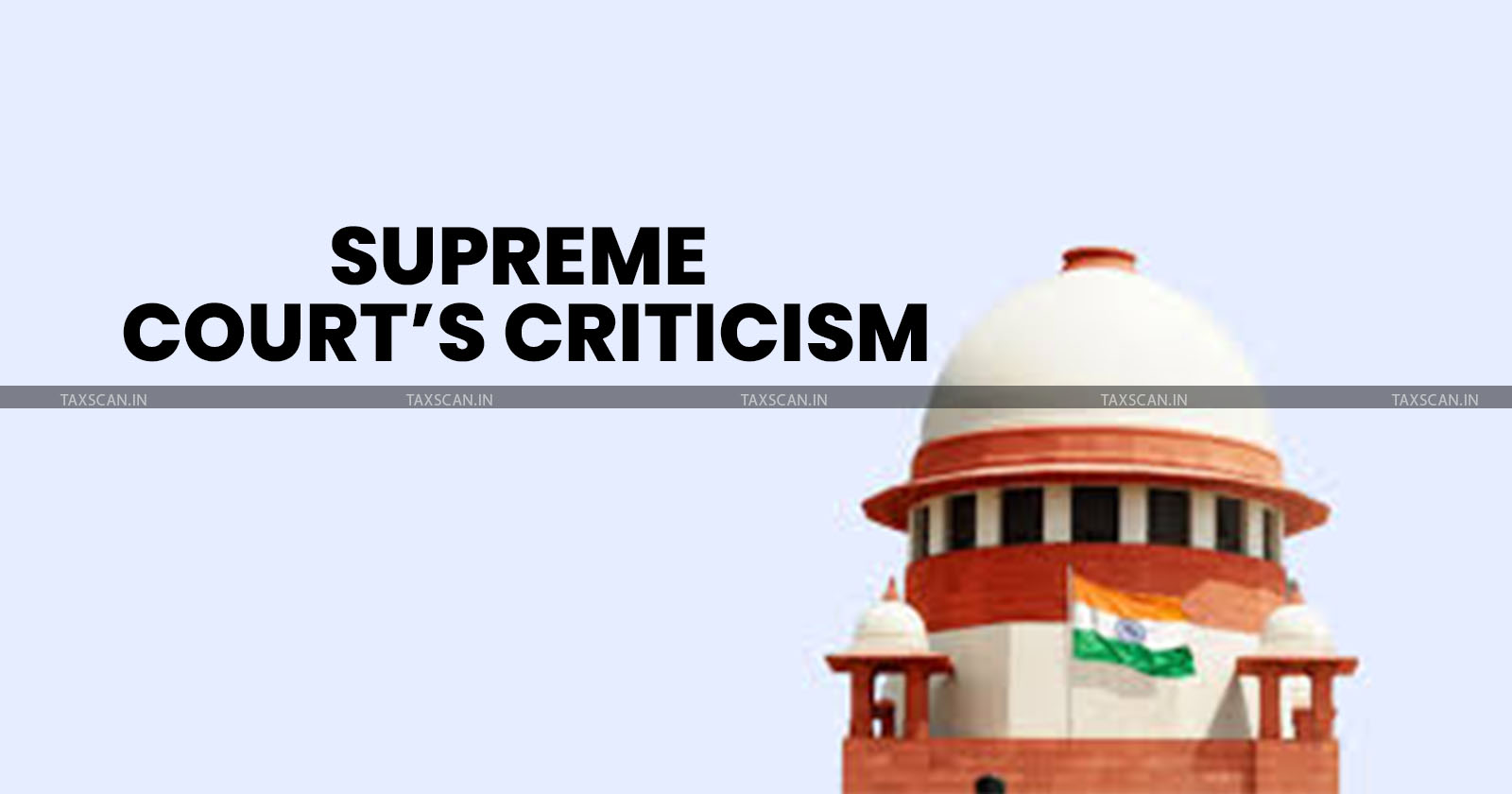Supreme Court’s Criticism on ‘Quality of Tribunal Members, Impacts on Slow Resolution and Quality Orders: Legal Experts [Read Order]
Legal Experts commented that the quality of Tribunal members of NCLAT impacted the slow resolution and quality orders.

supreme – court – criticism – taxscan
supreme – court – criticism – taxscan
After the Criticism of the Supreme Court on the National Company Law Appellate Tribunal (NCLAT) and National Company Law Tribunal (NCLT) which have pointed out the quality of members and their impact on the resolution of cases under the Insolvency and Bankruptcy Code (IBC).
It was viewed that the quality of members at the NCLAT and also the National Company Law Tribunal (NCLT) has been a factor in the quality of orders and the slow resolution of cases under the Insolvency and Bankruptcy Code (IBC).
The Legal experts recommend appointing members with judicial training and increasing the number of judges to address delays and improve efficiency. Further suggested that bureaucrats appointed as technical members must undergo judicial training before being appointed to NCLT.
The Supreme Court questioned the practice of appointing bureaucrats as members of quasi-judicial tribunals. It highlighted the need to keep the tribunal immune from executive interference by stopping the appointment of bureaucrats to such bodies.
Recently in October, a three-judge bench of the Supreme Court issued show-cause notices to NCLAT members Rakesh Kumar and Alok Srivastava for disregarding its order. Dissatisfied with their explanations, the court, led by CJI D.Y. Chandrachud, set aside the NCLAT’s 13 October order, citing Article 142. The court criticized the NCLAT’s decline and established that members were aware of the Supreme Court’s judgment. On 30 October, Rakesh Kumar resigned following the Supreme Court’s decision and Alok Srivastava submitted an unconditional apology for non-compliance.
The quality of members and the recent appointment of members, according to experts, can be reflected in the increased average resolution time, which is the highest in 2023 as compared to previous financial years.
Support our journalism by subscribing to Taxscan premium. Follow us on Telegram for quick updates


